Hours before boarding the cross-Channel car ferry, I received a text message from the company warning of severe fuel shortages on the other side of the Channel. Nevertheless, it went on to say, for safety reasons the transporting in vehicles of fuel-filled jerry cans was strictly forbidden. Bugger that. I went out and bought two five-gallon second world war-style green steel jerrycans, filled them to the brim with diesel, and concealed them in suitcases. As we queued to board, I looked around at the lines of vehicles, many with trailers and roof boxes, and hoped and trusted that every one of them was packed to the gunnels with fuel containers of every description, because surely they weren’t going to search every car before letting us on board — were they? No, of course they weren’t. Languid dock workers waved us nonchalantly up the ramp, and the ferry, perhaps sitting several inches deeper in the water than usual, set sail at 10 p.m. sharp.
The overnight crossing took ten hours. The cabins were fully booked. The only accommodation available at the time of booking was a reclining seat for six quid, which was all I needed. As the undisputed British, European and Commonwealth sleeping champion, I could sleep draped over a washing line if I had to. But as an insurance policy I riffled through my drawers at home and found an old strip of Zopiclone sleeping pills.
Zopiclone is a controlled hypnotic sedative that shuts down the central nervous system. Given the choice, monkeys will self-administer Zopiclone intravenously. In France, it is among the top ten drugs obtained on a forged prescription. Even if I didn’t know any of this, and had no previous experience of Zopiclone, I would always put my trust in a hypnotic sedative beginning with the letter ‘z’.
I joined the scrum at the bar, sluiced down a Zopiclone with a couple of large ones, then searched the ship for recliner number 5,442. I located it in a midships saloon, among four rows of ten recliners facing the sea. To one side of me was an elderly woman with a blanket over her knees sitting bolt upright and placidly knitting. To the other was a morbidly obese gentleman sprawled on his back, mouth open, snoring unrestrainedly. I took my place between them and pressed the recline button. The maximum angle to which my recliner would recline was uncomfortably nearer to the vertical than it was to the horizontal. Never mind. In my bloodstream 3.5 mg of Zopiclone was already going around systematically throwing switches like a power-station technician in a disaster movie. All I had to do was sit and wait for unconsciousness.
As I waited, the saloon lights went out, throwing everything into darkness except my neighbour’s knitting, which was illuminated by a tiny reading light. For half an hour I watched the ends of her knitting needles stabbing rhythmically through the top row. No nearer unconsciousness, I listened with envy to Big Foot’s vagrant snoring and the gentle inhalations and exhalations of blissful slumber emanating from the darkened rows in front and behind.
I shut my eyes and tried to empty my mind, only to see the red, tear-stained face of my grandson as he’d said goodbye, and the sumptuous fields and brimming hedgerows of south Devon in her Maytime pomp. I compared these images unfavourably with the stony barrenness of my destination, and the unfathomable complexes of the people who live there. I tried to fall asleep sitting bolt upright. I tried to fall asleep at every angle permitted by the recliner. Then I put my head on my knees and tried to sleep like that. Frustrated now to the point of anger, I stood up then laid down full length on the carpet and watched the spotlit knitting from below. I shut my eyes and tried to detect the ship’s motion on the waves. There was none.
When I opened my eyes again, it was full daylight. The knitting had gone and so had the knitter. The saloon was deserted. Through the window I saw that the ferry was docked. A peacefulness, I noticed, had descended on the vessel. A cleaning woman with a broom and a bucket appeared. When she saw me, her face registered first surprise then horror. In vehement French she urged me to leave the ship with all haste. I ran through the empty ship and down the metal stairs three at a time to the car deck. My car was alone, stranded on a vast expanse of metal floor. A Frenchman in overalls standing at the far end lifted both arms in exasperation at my lateness. ‘Pardon, Monsieur,’ I said, as I drove past him at speed.
Got something to add? Join the discussion and comment below.
Get 10 issues for just $10
Subscribe to The Spectator Australia today for the next 10 magazine issues, plus full online access, for just $10.




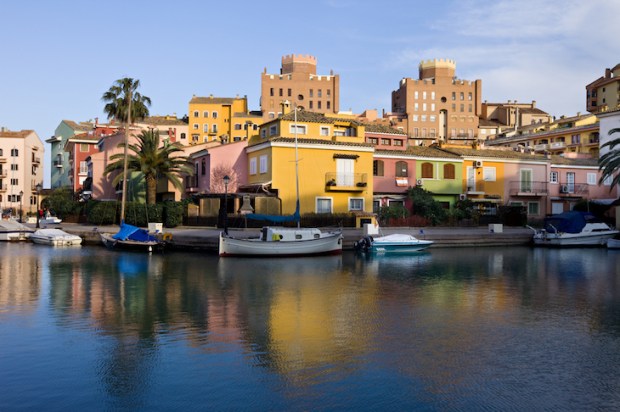
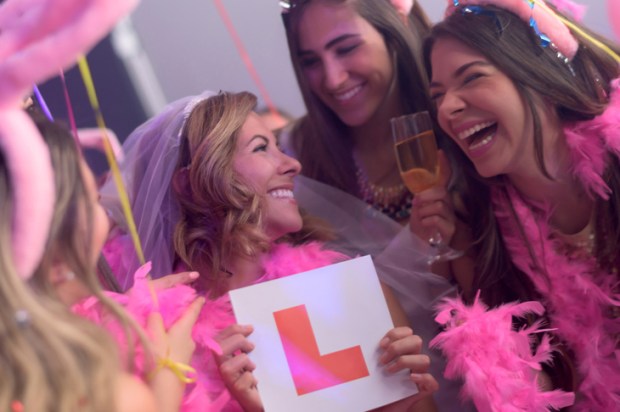
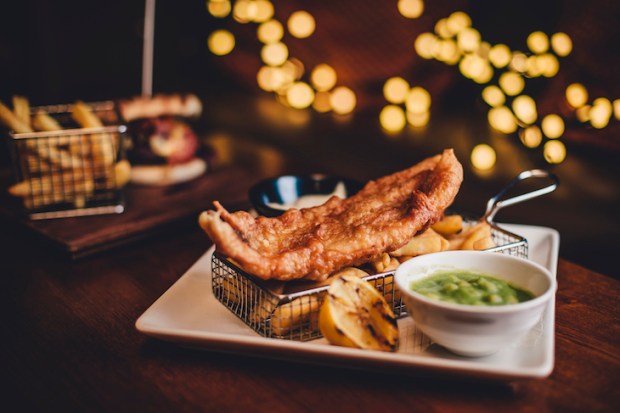
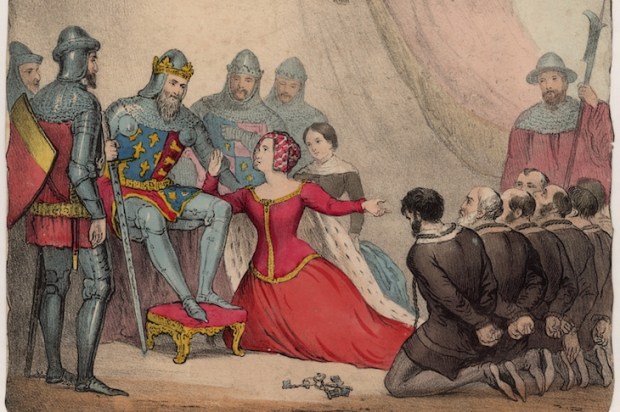
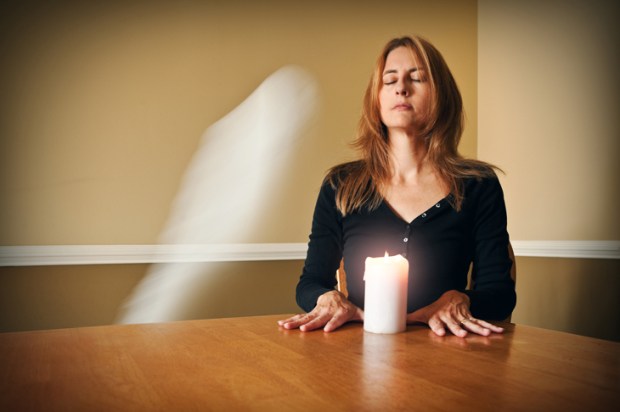






Comments
Don't miss out
Join the conversation with other Spectator Australia readers. Subscribe to leave a comment.
SUBSCRIBEAlready a subscriber? Log in